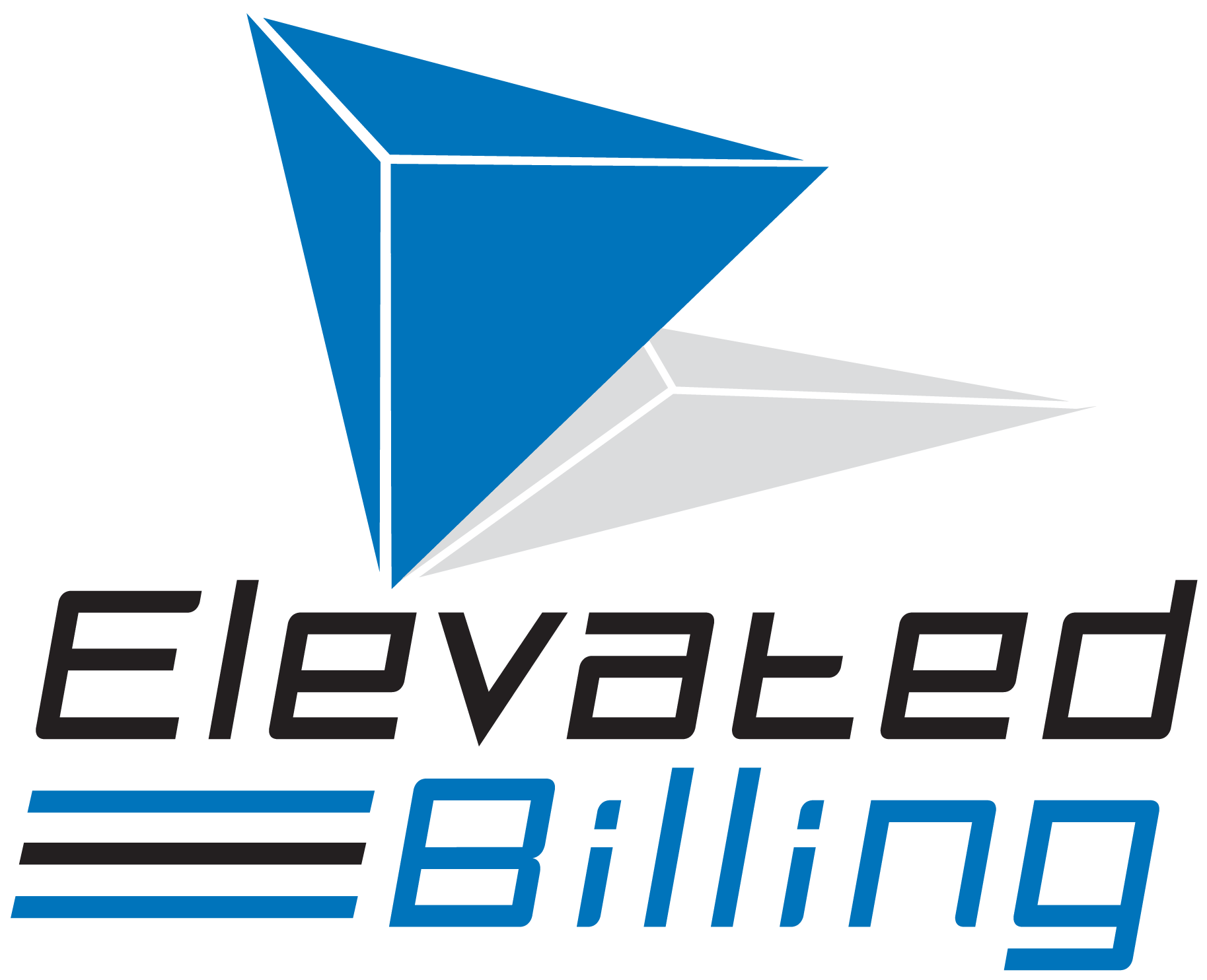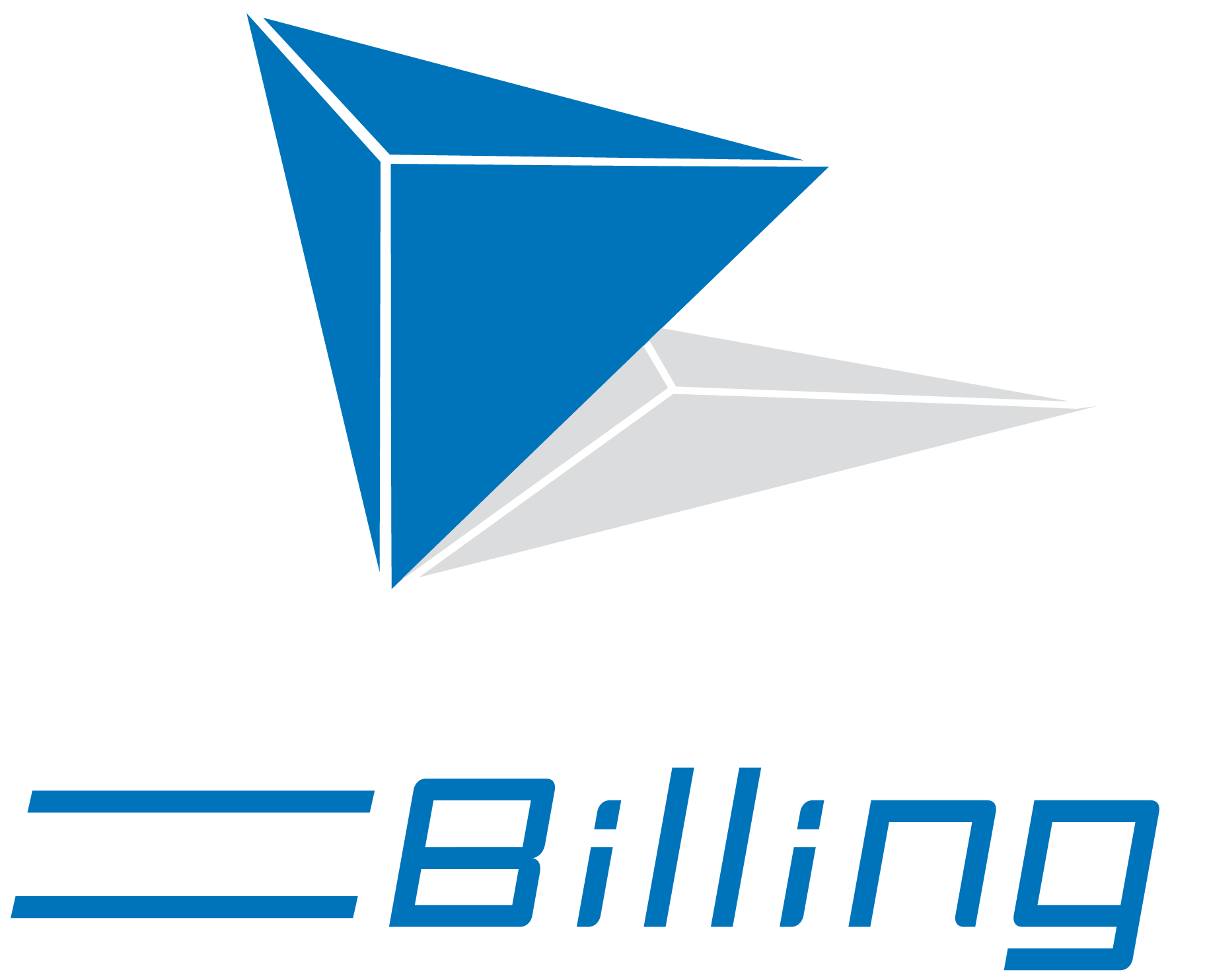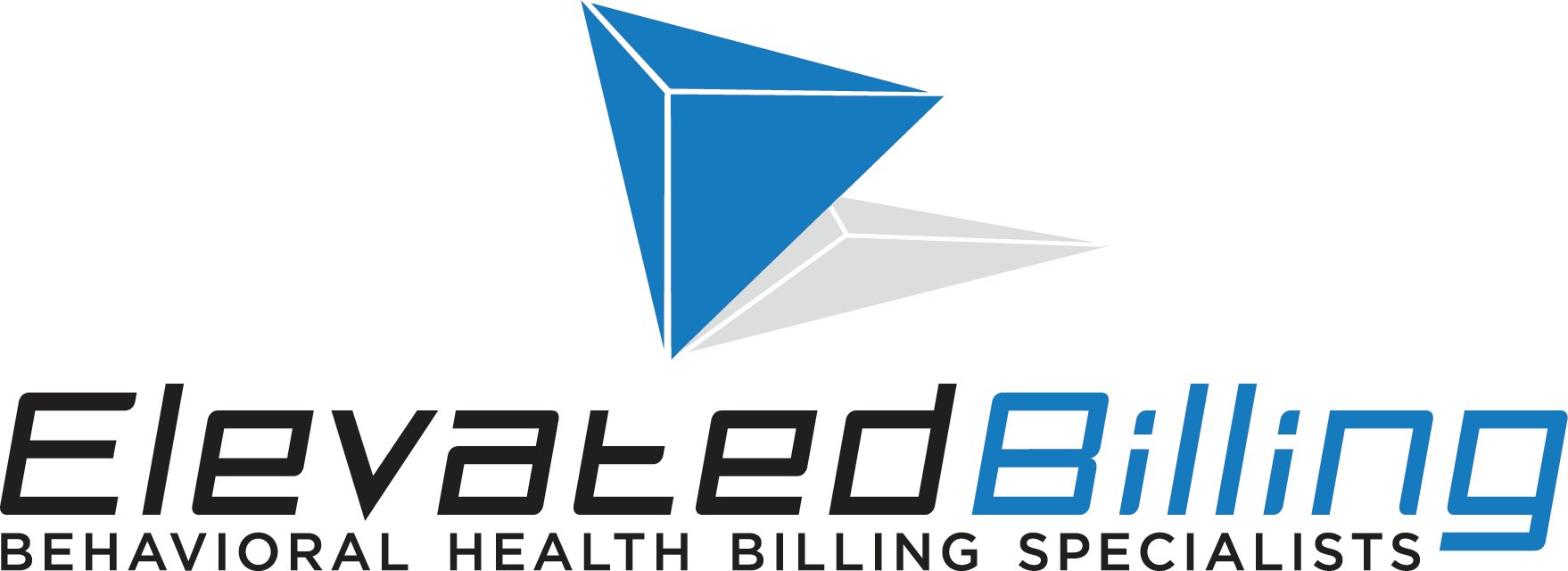The combination of substance use disorders and mental illness is a common clinical problem – and a serious public health concern. Sr. Ann Sulivan, the Commissioner of NYS Office Mental Health writes for Behavioral Health News. In this blog post, Elevated Billing Solutions explores the history of providing care for patients with both substance abuse and mental illness, the partnerships that Dr. Sullivan and other professionals created and collaborated on with universities and state agencies and provides links to free clinical guides and other useful resources for behavioral health specialists and families struggling to help a loved one obtain the treatment that they need.
As many in the Behavioral Health field know, the issue of co-occuring substance abuse and mental health disorders is widespread. Dr. Allen provides sobering statistics that at least one-third of people with anxiety and depression – and between half and two-thirds of people with more serious mental illnesses such as schizophrenia, bipolar disorder, and severe depression – have a problem with alcohol, illicit drugs, or both. She notes that when one figures patients using tobacco into this population, it brings the figure up to nearly about 80 percent. The most commonly misused substances are tobacco, alcohol, cannabis, and cocaine – although opioid use is increasing in this population.
In addition to significantly higher mortality rates, there is also a challenge in providing care to patients suffering from both substance abuse and mental health disorders. Dr. Sullivan addresses this by noting that patients with co-occurring disorders experience worse psychiatric symptoms, less engagement in treatment, exhibit challenges functioning in everyday life, and experience higher rates of suicidal and violent behavior, legal problems, homelessness, and significant physical health problems. These patients also experience more frequent intensive health services use, with more emergency department visits and longer inpatient hospital admissions.
Behavioral Health specialists therefore face a difficult situation. While there is clear clinical and historical evidence that co-occurring disorders present significant challenges for the affected people, their families, individual clinicians, treatment programs, and the larger healthcare system, behavioral health insurance coverage is becoming more expensive and longer treatment times, especially at higher levels of care are more difficult to obtain. When taking into account the complexity and difficulty that patients struggling with co-occurring substance use and mental health disorders have, how to providers ensure that they are able to care for these patients while ensuring that they are able to maintain a financially sound payment or insurance reimbursement model for their facility?
The article that this blog is citing mentions that New York state created a join task force with multiple state agencies to improve the prevention and management of co-occurring disorders. As part of this initiative to provide and promote the Integrated Dual Disorder Treatment (IDDT) in all mental health settings, the Focus on Integrated Treatment (FIT) created 39 online training modules that were available for free for licenses behavioral healthcare providers in New York. A clinical guide for providing integrated dual disorder treatment treatment can be found here and is presented by the Center for Evidence-Based Practices and Case Western Reserve University.
Additionally, there are now online courses offered by various publishers, including Hazelden Publishing, that offer clinicians with training opportunities to achieve credentialing in co-occurring disorders treatment. There are also additional resources that can be reviewed at the Center for Practice Innovations at Columbia Psychiatry and New York State Psychiatric Institute.
There are also many other resources available online and the goal of this blog post is to continue the discussion about providing IDDT care to patients and empowering facilities and professionals to learn more about implementing creative, scaleabe and innovative solutions to this growing problem.
The behavioral health professionals at Elevated Billing Solutions hope that you find this article and others of a similar nature useful. If you have any questions or would like more information, please contact us directly at (385) 212-4004.
Sources Cited
Behavioral Health News, Back Issues, Winter 2018
Center for Practice Innovations - Columbia Psychiatry, New York State Psychiatric Institute
Clinical Guide - Integrated Dual Disorder Treatment - Center for Evidence-Based Practices
Disclaimer - The views, thoughts, and opinions expressed in the text belong solely to the author, and not necessarily to the author’s employer, organization, committee or other group or individual.



